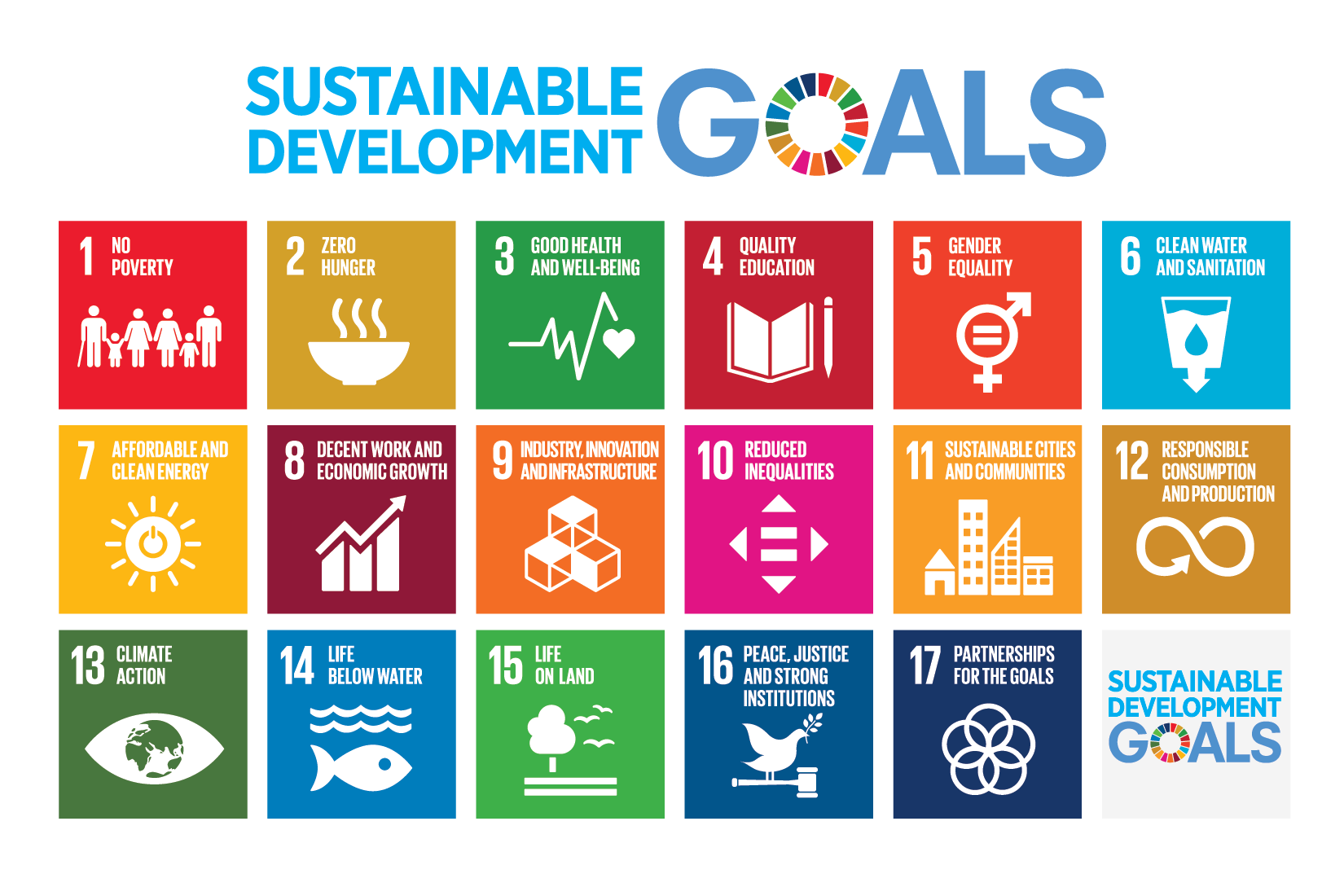-Despite the ongoing pandemic, we are pleased to have received many interesting applications from universities and colleges interested in offering the programmes. Many of them have explored the possibilities of designing innovative training programmes in various formats, for example combining online- with physical activities. Through this programme we see great opportunities for strengthening the ability of participants in many countries to support innovation in the public sector, from maternal health care to urban planning.” says Adiam Tedros, head of the Development Programme Unit.
During 2020, eleven training programmes will kick off with participants from more than twenty countries. Their focus is how to lead and organise for innovation, develop smart welfare services, and/or provide an inclusive service design with sustainable, efficient and effective services.
Lund University will for example offer a training programme aiming to renew public transport and strengthen people’s opportunities for work, access to education and community services. The training programme is aimed at officials and policy makers from both public and private organisations in Colombia, Ghana, Indonesia, Malaysia and Tanzania. These are countries that Sweden is actively collaborating with on issues related to public transport.
The Karolinska Institutet will carry out a training programme primarily aimed at women with a background in maternal care who now hold leading positions in, for example, health ministries and public health authorities in Ethiopia, Malawi and Kenya. The training programme will focus, among other things, on leadership in healthcare, the Global Goals in a local context, and implementing strategies to improve the quality of healthcare. The purpose is to prevent sudden infant deaths and complications during pregnancy and childbirth.
The following training programmes will be provided in the SI Public Sector Innovation Programme during 2020-2021.
For more information about each individual training programme, contact the university or college.
- “Inclusive Green Economy: Capacity Building Programme for senior civil servants in East Africa” (Ethiopia, Kenya and Rwanda) – University of Gothenburg
- “Developing capacity in the public sector for successful multisectoral and innovative work to strengthen both preventive and curative health care in fragile settings” (Uganda, Democratic Republic of Congo and Somalia) – The Karolinska Institutet
- “Capacitating public sector faculty in the field of reproductive, maternal, newborn, child and adolescent health and nutrition in three Sub-Saharan African countries” (Ethiopia, Kenya and Malawi) – The Karolinska Institutet
- “A state-of-the-art online training program for government officials in online education and the global sustainability goals” (Ethiopia and Rwanda) – KTH Royal Institute of Technology and Mälardalen University.
- “Innovation in Governance for Urban Nature-based Solutions” (Armenia, Azerbaijan, Georgia and Ukraine) – Lund University
- ”Innovation for change in public transport” (Colombia, Ghana, Indonesia, Malaysia, Tanzania and Belarus) – Lund University
- “Co-design for Inclusive Public Spaces and Services” (Indonesia and Turkey) – Lund University
- “Strengthening multisectoral organizational capacity of sexual and gender-based violence in South Sudan through collaborative public sector innovation (SMOC)” (South Sudan) – Lund University
- “Co-governance and innovation for sustainability” (Georgia, Moldova, Kosovo and Northern Macedonia) – Malmö University
- “Catalysing change through public sector innovation” (Selected countries in the South African Development Community) – Stockholm University
- “Sustainable Innovation in the Brazilian Public Sector: A Design Thinking Approach (RED4SUS)” (Brasilien) – Uppsala University
